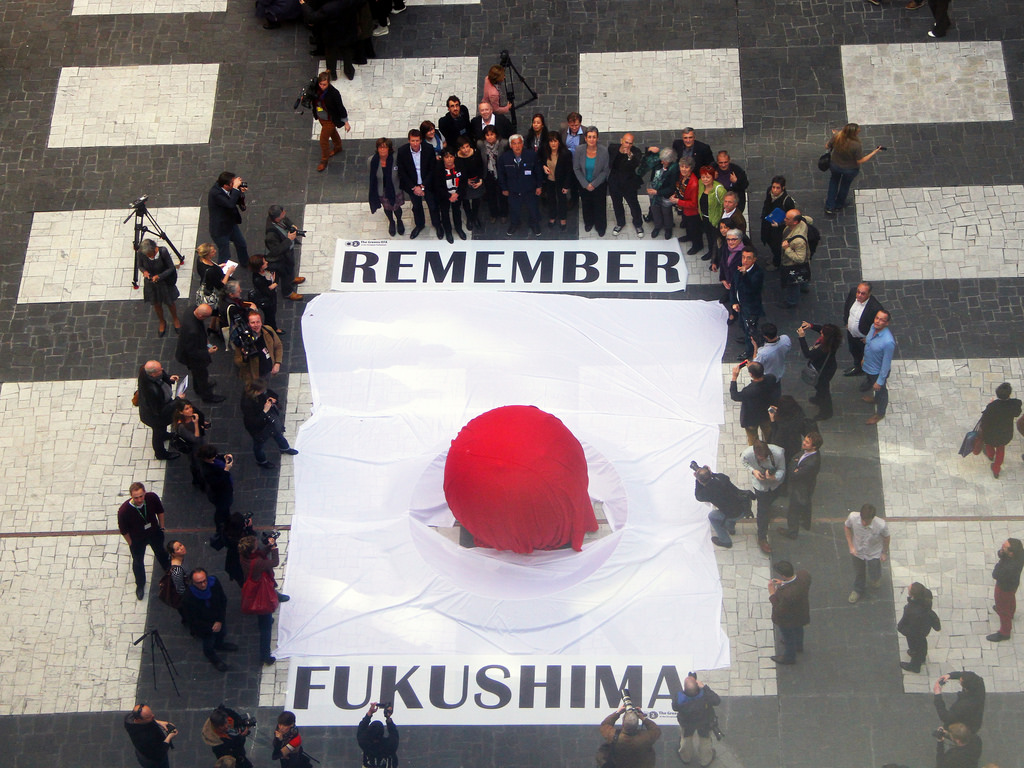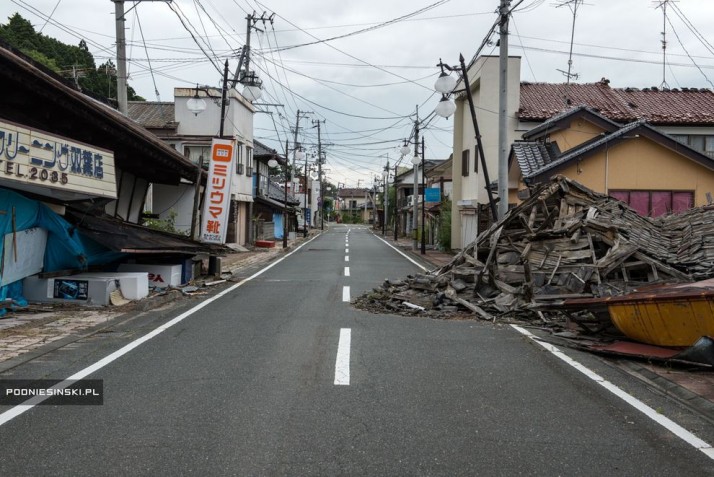Japan agrees second nuclear reactor life extension since Fukushima
11/16/2016 / By fukushima

Japan’s nuclear regulator on Wednesday approved an application by Kansai Electric Power Co Inc to extend the life of an ageing reactor beyond 40 years, the second such approval it has granted under new safety requirements imposed since the Fukushima disaster.
Article by world.news
The move means Kansai Electric, Japan’s most nuclear-reliant utility before Fukushima led to the almost complete shutdown of Japan’s atomic industry, can keep No. 3 reactor at its Mihama plant operating until it is 60 years old in 2036.
The regulator granted the first such approval in June to Kansai Electric’s ageing reactors No.1 and 2 at its Takahama plant.
The Mihama No.3 reactor, which will turn 40 years old in December, has been shut down since 2011 and a restart will not happen before Kansai Electric carries out safety upgrades at a cost of about 165 billion yen ($1.51 billion). The upgrades involve fire proofing cabling and other measures and are planned to be completed in March 2020.
The regulator has been criticized for hastily approving the safety approval of reactors at the expense of safety.
Opinion polls consistently show opposition to nuclear power following Fukushima. Critics say regulators have failed to take into account lessons learned after a massive earthquake and tsunami caused meltdowns at the Fukushima Daiichi plant.
Read more at: reuters.com
Submit a correction >>
Tagged Under:
energy, Fukushima, Japan, nuclear
This article may contain statements that reflect the opinion of the author
RECENT NEWS & ARTICLES
COPYRIGHT © 2017 FUKUSHIMAWATCH.COM
All content posted on this site is protected under Free Speech. FukushimaWatch.com is not responsible for content written by contributing authors. The information on this site is provided for educational and entertainment purposes only. It is not intended as a substitute for professional advice of any kind. FukushimaWatch.com assumes no responsibility for the use or misuse of this material. All trademarks, registered trademarks and service marks mentioned on this site are the property of their respective owners.




















